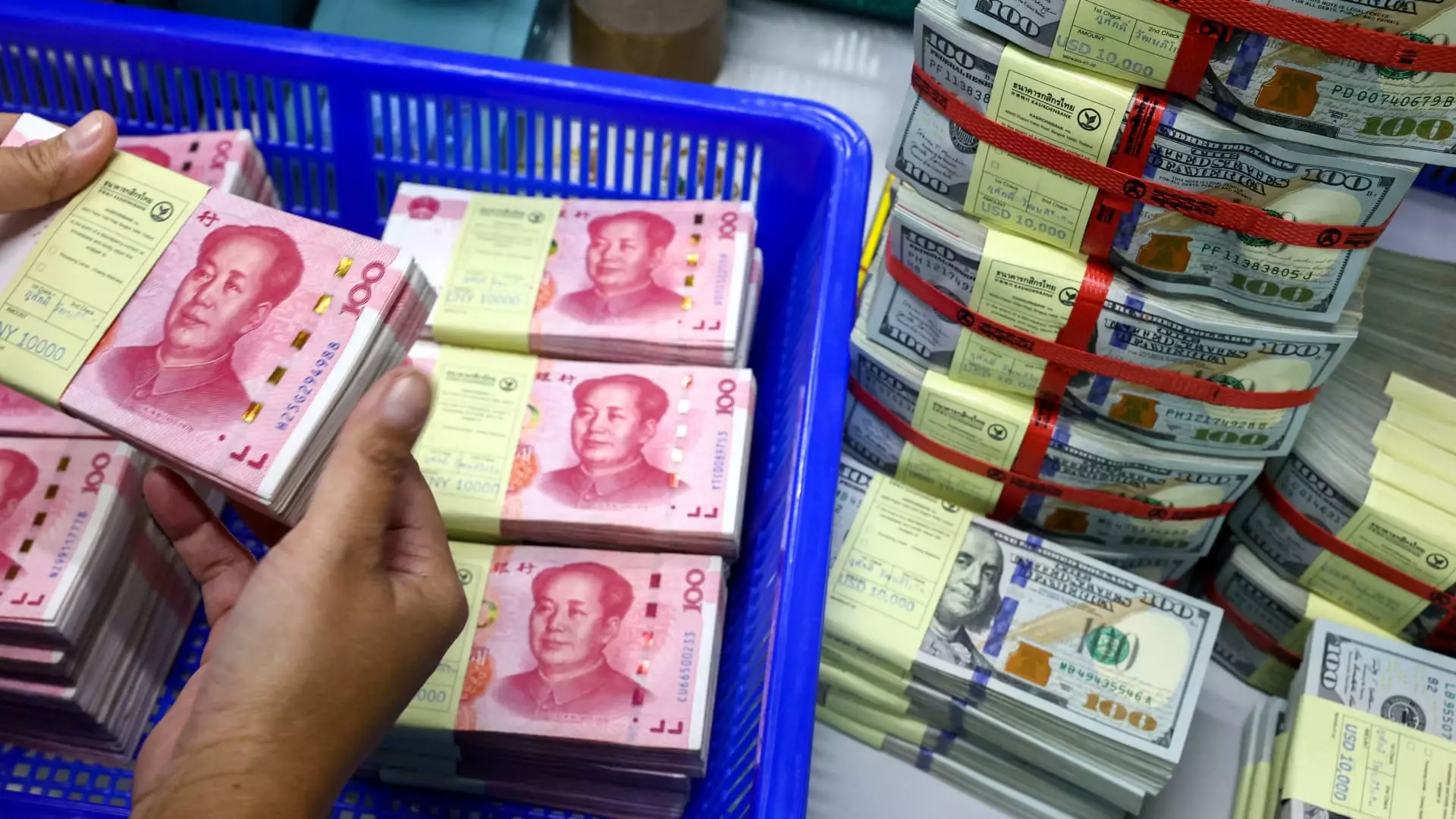China’s yuan, also known as the “renminbi” or “RMB,” has long been aspiring to establish a more prominent role in the international financial market. In order for the yuan to gain more global acceptance, Bonnie Chan, CEO of Hong Kong Exchanges and Clearing Limited, emphasized the necessity for expanding its “applications” beyond just being used as a trade currency. According to Chan, having a diverse range of financial products and instruments denominated in RMB, such as stocks and bonds, can facilitate the broader use of the Chinese currency.
While China’s efforts to internationalize the yuan have been ongoing, Fred Hu, founder, chairman, and CEO of Primavera Capital, pointed out that the process might take longer than anticipated. Hu highlighted that China’s financial market is not as mature or deep as that of the United States, and the country’s capital account restrictions pose challenges for the yuan’s global expansion. The lack of full convertibility of the RMB also hampers its internationalization efforts.
The development of Chinese yuan-denominated investment products is contingent upon the maturation of the local financial sector. This includes nurturing a more sophisticated investor base and promoting long-term investing over short-term speculation. The concept of “patient investing” has gained traction in China, emphasizing the importance of learning through market volatility to make informed investment decisions.
Initial Public Offerings (IPOs) play a crucial role in attracting investors and showcasing the progress of Chinese companies. Despite regulatory hurdles in both Beijing and Washington, D.C., there is a growing interest in reviving the IPO market in China. Jonathan Krane, founder and CEO of KraneShares, emphasized the need to tell compelling stories of innovation and growth through IPOs to instill investor confidence and drive market participation.
Chinese authorities have recently announced initiatives to support IPOs, particularly in Hong Kong. This move aims to bolster the pipeline of new listings and enhance market conditions for successful launches. According to Chan, the Hong Kong Exchange has received a significant increase in new listing applications this year, signaling a positive trend towards revitalizing the IPO market in the region.
The globalization of the Chinese yuan presents both opportunities and challenges. While efforts are being made to diversify the applications of the RMB and promote its international usage, obstacles such as market maturity, regulatory scrutiny, and capital account restrictions continue to impact the pace of yuan’s global expansion. By focusing on developing a robust financial infrastructure, nurturing patient investing practices, and revitalizing the IPO market, China can strengthen the position of the yuan in the global financial landscape.

Leave a Reply